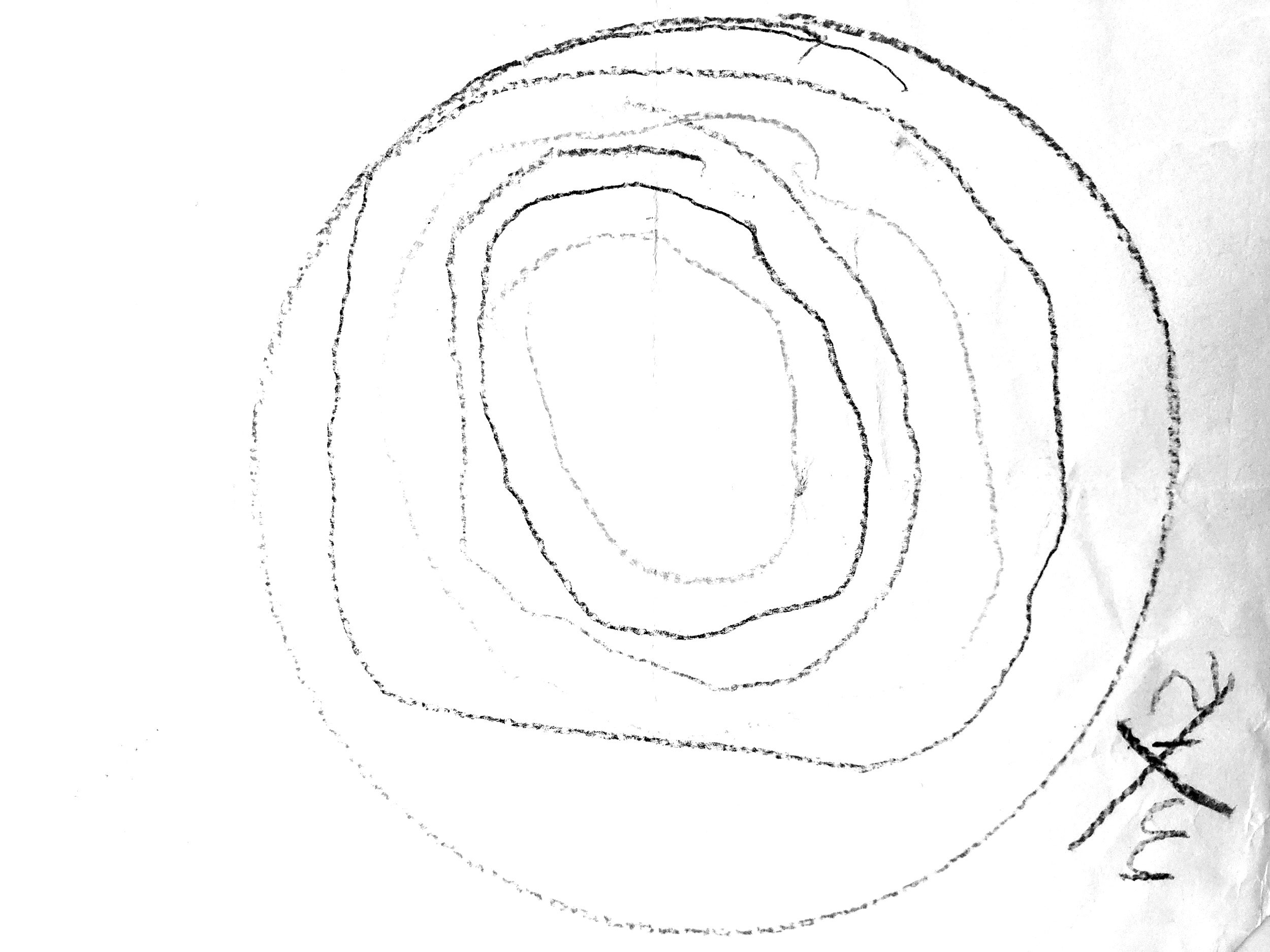Teaching Critical Media Literacy as a Liberatory Project
Roundtable panel featuring: Nolan Higdon, Mickey Huff, Micah Card, Andy Lee Roth, and Alison Butler
Across classrooms, curricula, and communities, media is a rapidly expanding, complex influence on the experiences of students and educators. Today more than ever, young people need critical media literacy education. This panel explores the teaching of critical media literacy to empower students to form multidimensional understandings of what they read and watch, to see others like them making change, and to gain insights into their own identity projects. By covering topics such as media representations, digital culture, post-truthism, critical thinking, surveillance capitalism, digital gatekeeping, concentrated media ownership, and environmental justice through a critical media literacy lens, this panel discussion aims to prepare teachers to help their students evolve from passive consumers of media to engaged media citizens. There is no aspect of media that is not constructed by people working together to create certain meanings. Likewise, there is no aspect of media that cannot be better understood—or challenged—by people working together to decode and rethink those meanings. This panel focuses on the teaching of critical media literacy as one crucial way to promote students’ civic engagement and social justice commitments, thus contributing to the creation of a more equitable, peaceful world. Each of the panelists is associated with The Media and Me: A Guide to Critical Media Literacy for Young People (Censored Press/Triangle Square Press, 2022), a first-ever book about critical media literacy written for young people, rather than about them.
The Symposium: Peace, Culture and Social Justice
Available on Zoom, Facebook and Youtube.
The UNESCO Chair in Democracy, Global Citizenship and Transformative Education (DCMÉT) is part of the UNESCO eco-system of some 700 UNESCO Chairs internationally and 30 in Canada. A UNESCO Chair has a distinct research program, linkages with civil society, connects with the Global South, and subscribes to UNESCO values, with the environment, social justice, global citizenship and transformative education being central to DCMÉT’s priorities. DCMÉT has developed a robust and engaged series of collaborations in Canada and internationally, working in English, French and Spanish.

